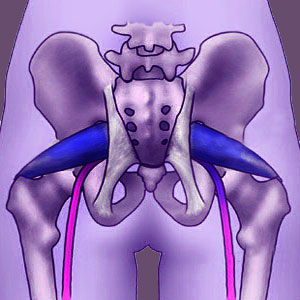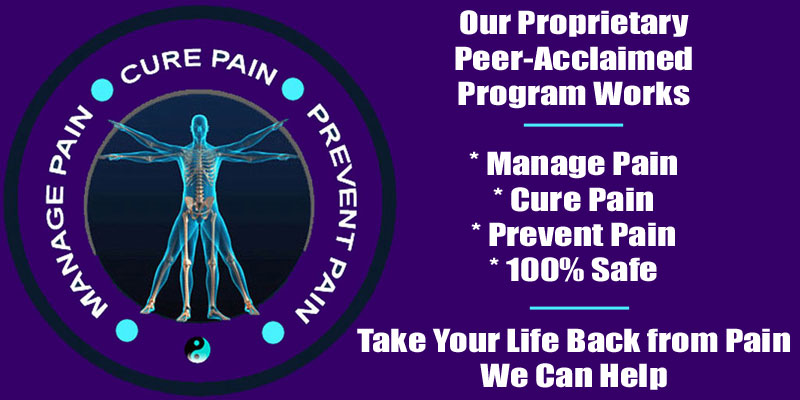
Which type is the best doctor for piriformis diagnosis and treatment? There are several options and each type of care provider might entail different benefits and downsides worth consideration.
Should I see a medical doctor or a complementary caregiver? Will my choice of doctor influence the way my pain is diagnosed and subsequently treated? What other aspect of care do I need to think about before making my choice? These are related questions that we often receive when it comes to deciding on the best doctor for piriformis symptoms. This post will help to answer these important queries and provide food for thought for patients who are looking for the ideal doctor to help them recover from their pain.
Best Doctor for Piriformis Pain Options
Several different types of doctors come to mind when discussing quality choices in care providers:
Orthopedists and orthopedic surgeons are specialists in the musculoskeletal system and are extremely well quailed to handle piriformis pain syndromes. Orthopedists and orthopedic surgeons are physicians and can be either DO or MD degree holders.
Neurologists and neurosurgeons often handle piriformis syndrome cases, since this condition involves compression of a major neurological tissue, the sciatic nerve. Neurologists and neurosurgeons can also hold DO or MD degrees and are medical doctors.
Sports Medicine Physicians and Rehabilitation Medicine Specialists can diagnose and treat piriformis pain issues. Both can be excellent choices, especially for active people and can hold DO and MD degrees.
Physical Therapists are often primary diagnosticians and treatment providers for piriformis pain problems. PTs can hold numerous degrees, ranging from Masters Degrees to Doctorates.
Chiropractors are complementary care providers who often diagnose and treat piriformis pain. Doctors of Chiropractic are not medical doctors, but are generally recognized and respected healthcare experts.
Various types of therapists can suggest a diagnosis of piriformis pain and will certainly actively treat the symptoms. These therapists can include massage practitioners and other types of complementary and alternative caregivers.
Piriformis Pain Diagnosis and Treatment Paths
Generally, medical doctors like solid evidence to make a diagnosis. They will typically order imaging studies to try and determine if any structural abnormalities exist that might explain the pain. A common finding in piriformis pain sufferers is the sciatic nerve being located inside the substance of the piriformis muscle. This can be detected using various types of soft tissue imaging modalities, such as MRI.
Complementary care providers have a greater chance of making a piriformis-related diagnosis based on physical exam and symptomatic presentation. Some may also recommend imaging studies and consultation with a physician for confirmation.
When it comes to treatment, medical doctors tend towards the exact same methods of care, regardless of specialization. These practices include physical therapy, rest and drug therapies as preliminary protocols of treatment. If needed, medical doctors will typically escalate care to include injections and the possibility of surgery for chronic and severe pain issues.
Complementary caregivers will usually treat using a variety of holistic measures, such as joint and spinal adjustments, exercise therapy and hands-on manual therapies like massage. Drug therapies are almost unheard of, as are injections or surgery.
Best Doctor for Piriformis Pain Outcomes
In our experience, people can recover from piriformis pain using a traditional medical approach or a complementary medical approach, when the diagnosis is accurate and treatment provided is indicated. Some specific conditions might respond better to either type of care. For example, some structural compression issues of the sciatic nerve do respond best to surgery, for example, while many direct injuries to the piriformis respond best to PT or massage combined with exercise.
However, it is worth noting that many cases of piriformis pain are misdiagnosed and a majority of these might be related to a mindbody process using ischemia as the symptomatic mechanism. In these cases, patients are best seeking care from a doctor of mindbody medicine or going the self-treatment path using some form of approved knowledge therapy to end the syndrome and also the pain.
Piriformis Pain > Piriformis Diagnosis > Best Doctor for Piriformis





